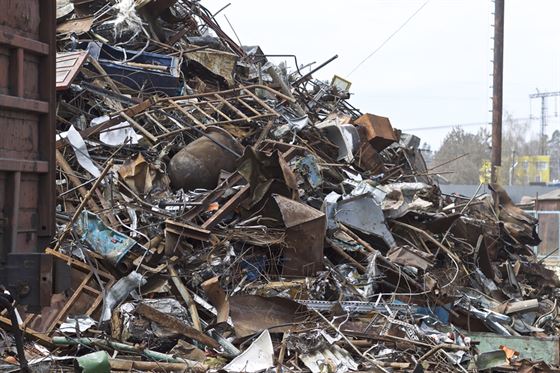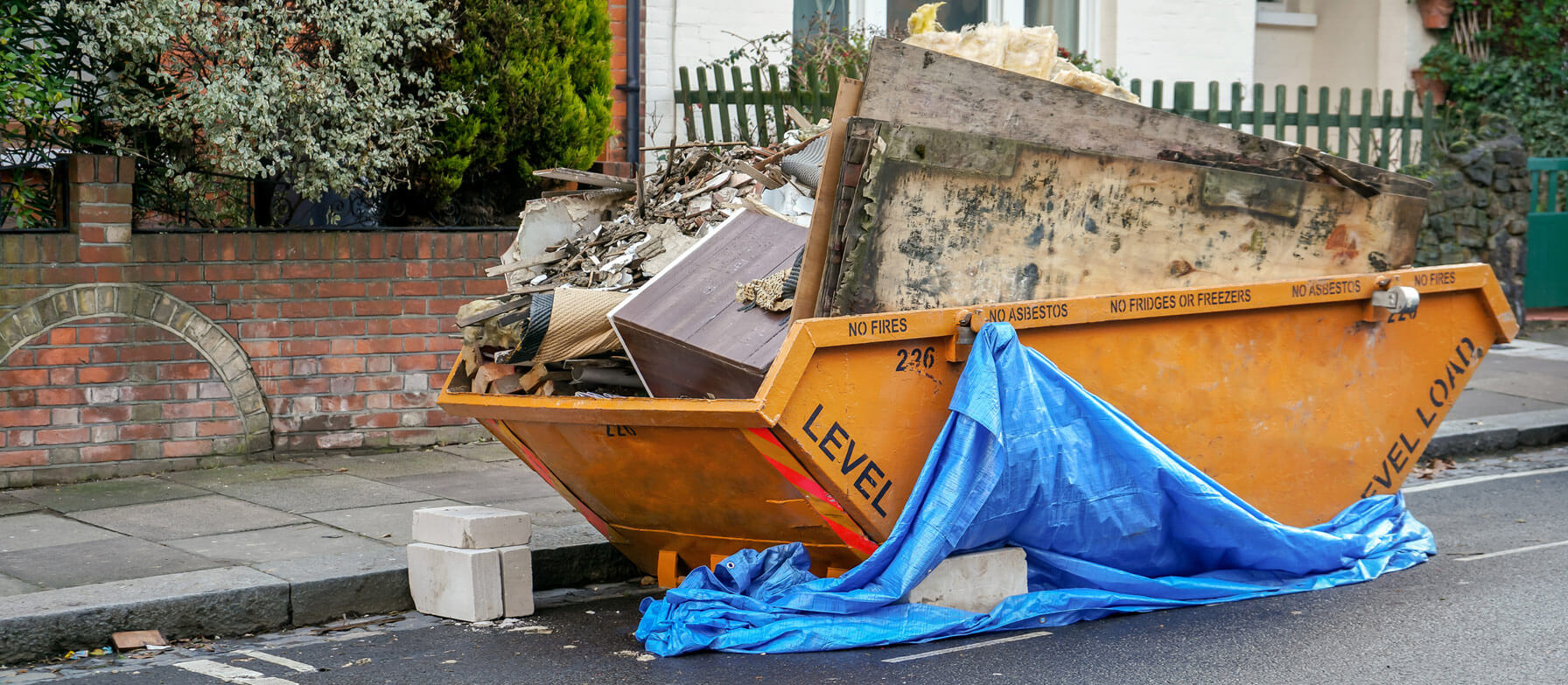Ferrous and non-ferrous metals have very different properties that make them ideal materials for many types of products and parts. You must identify non-ferrous metals before bringing them in for recycling as their value is usually higher than ferrous metals. As ferrous metals have magnetic properties, you can simply use a magnet to identify the type of metal you have.

Ferrous Metals
Ferrous metals are staples of the engineering and automotive industry as they are popular due to their flexibility, strength, and durability. They are widely used for construction as they are utilised in the making of skyscrapers, bridges, industrial piping, tools, and much more. A downside of ferrous metals is that they are vulnerable to rust due to their high carbon content; however, wrought iron and stainless steel offer some level of resistance to rust.
Common ferrous metals include:
- Steel is an amalgam of carbon and iron. It is an excellent structural material as it can resist both tensile and compressive stresses.
- Carbon Steel is a type of steel that has a high carbon content, which makes it incredibly tough. It is particularly useful to make machinery, tools, blades, and drills as they can be moulded to have a sharp cutting edge.
- Engineering steel incorporates titanium, chromium, and nickel for added strength without adding extra weight. It is a staple when it comes to machinery, electrical components, and construction.
- Cast iron is a brittle material that is resistant to wear and offers good compressive strength. It is vastly used in the manufacturing of wheels, pipes, sewers, manhole covers, and certain machine parts.
- Wrought iron is a metal that is low in firmness and compressive strength, however, it offers good tensile strength. It is a very pure type of iron that can resist oxidation and corrosion. Therefore, it is an ideal material for outdoor items such as fencing, barbed wire, nails, agricultural tools, nails, and chains.
Non-Ferrous Metals
Non-ferrous metals are desirable for their malleability, lightweight, thermal conductivity, and resistance to rust and corrosion. They are therefore ideal materials for outdoor construction components such as gutters, roofing, signage, and pipes. It is important to note that the strength of these metals is weakened by high temperatures.
There are several types of non-ferrous metals, including the following:
- Aluminium is a low-weight, low-strength metal. It’s lightweight which makes it a great material for manufacturing items such as aircrafts, pistons, cars, kitchen utensils, and food cans.
- Copper is a highly conductive and flexible material, making it an important element in the electrical industry. It is used in the form of conductors such as wires.
- Zinc is most commonly used for galvanizing, which is the process of applying a protective zinc coating to steel or iron to prevent rust.
- Tin is also typically used to coat steel in a way that prevents corrosion.
If you need to dispose of any metals either ferrous or non-ferrous please contact L.Jarvis & Sons at 01295 710223 or fill out a contact form to be contacted by one of our highly trained professionals.
